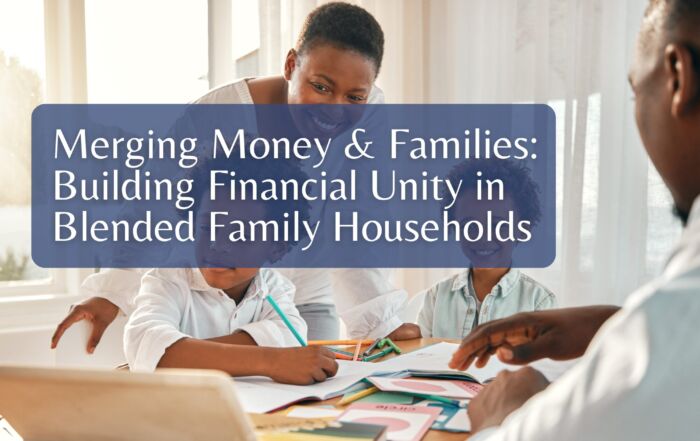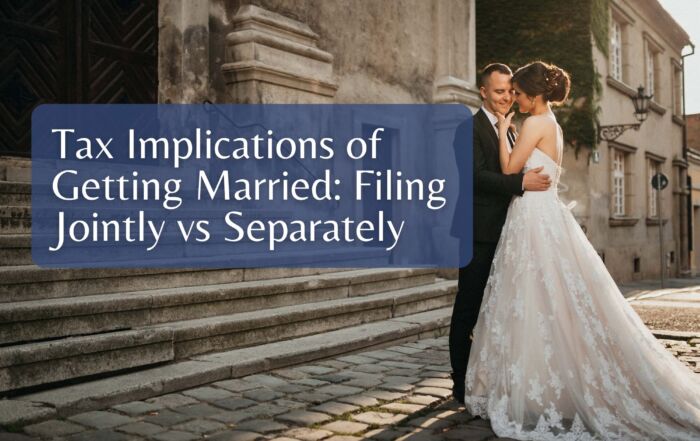Equal Debt Opportunity – Who’s Winning?

New Way to Become Eligible for Credit Cards
The WSJ reported last week that JP Morgan is launching a new program to help those with no credit history become eligible for credit cards. They plan to do this by analyzing the applicant’s checking and savings account history. Individuals who have no history of bouncing checks or overdrafts on their account could receive a credit card. This pilot program aims to give adults a chance to build credit, in order to qualify for more debt, such as car and home loans. On the surface, this plan sounds great. However, while living in a world of equal opportunity, this gives someone access to debt which can be an opportunity to make bad financial decisions and be trapped making minimum payments. It was not clear what interest rates the cards would carry or if new credit customers would have to participate in some type of personal finance education.
Credit Card Debt in America
The average American family carries $6,720 in credit card debt with a total of 807 billion in the country, according to a Federal Reserve Survey of Consumer Finances. Around 45% of Americans carry a credit card balance each month. You would think that as we age, credit card debt would decrease. But based on these numbers, this is not the case. Adults 35-44 carry an average of $5,990 in credit card debt vs $7,030 for those between 65-74. Maybe those who are more educated have less credit card debt? Wrong again. Those with a high school diploma carry $3,000 less in credit card debt than those with a college degree.
Equal Debt Opportunity
Undoubtedly, there should never be a situation where a person cannot get access to something, solely because of their skin color. According to the article, Black and Hispanic adults are less likely to have credit history than White or Asian adults. Therefore, JP Morgan plans to focus this pilot program by reaching more adults than past efforts, including “historically disadvantaged communities.” When looking at credit card debt by race, White adults carry an average of $6,940 in credit card debt vs $3,940 for Blacks and $5,510 for Hispanics. If living debt free is the goal, then Black adults with no high school degree are actually winning the game. This is tongue and cheek, but someone has looked at this data and sees things a little differently. The article reads that due to less opportunity to build credit, Blacks and Hispanics cannot buy a home. Clearly someone at the bank needs to visit the mortgage department. There are FHA programs for first time home buyers with thin credit to purchase a home. The lack of equal debt opportunity could also be from adults having little knowledge of programs available to them. While it is still tough, there is opportunity.
The average credit card interest rate in the United States is 16%. If you don’t pay off your credit card each month and you carried the balance for a year, you are adding 16% to the cost of the item or service that you purchased. If you miss a payment or make a late one, your interest rate could jump up even higher. Could it be that banks are looking for a new market that would be responsible enough to make minimum payments on 16% interest credit cards? If so, what a great ROI for them! They get the recognition for helping adults with no access to credit while also making their predominantly white owners even wealthier! This would not surprise me as the ESG movement already has investors paying a premium for woke funds, which are not much different than the cheap S&P 500 indexes. In fact, the SEC is investigating this issue now.
Lack of Personal Finance Education
In reality, the US does not have an issue with access to personal credit. It comes down to our country lacking in personal finance education for teens and adults. Currently, only 21 states require a personal finance class in high school. This is essential finance for life skills, not a financial theory or economics class. Street smarts finance! Apparently, less than half of the states in this country think it is important. Talk about a lack of opportunity. On a positive note, this number is up from a few years ago when only 17 states made the list, and I hope this trend continues.
Is there discrimination in the banking system? I am not sure, but when looking at the data, many Americans, regardless of race, seem to be making poor decisions with their money. I will gladly cheer on the big banks if they coupled this pilot program with developing curriculum to teach financial life skills in school. Or if they decide to include some type of financial education when applying for a credit card for those without any credit history. Unfortunately, I do not believe that this will ever happen because banks profit greatly from our stupid financial decisions, no matter what race we are.
Casey T. Smith, President
Connect On Social Media:
Share This Story, Choose Your Platform!
Wiser Wealth Management, Inc (“Wiser Wealth”) is a registered investment adviser with the U.S. Securities and Exchange Commission (SEC). As a registered investment adviser, Wiser Wealth and its employees are subject to various rules, filings, and requirements. You can visit the SEC’s website here to obtain further information on our firm or investment adviser’s registration.
Wiser Wealth’s website provides general information regarding our business along with access to additional investment related information, various financial calculators, and external / third party links. Material presented on this website is believed to be from reliable sources and is meant for informational purposes only. Wiser Wealth does not endorse or accept responsibility for the content of any third-party website and is not affiliated with any third-party website or social media page. Wiser Wealth does not expressly or implicitly adopt or endorse any of the expressions, opinions or content posted by third party websites or on social media pages. While Wiser Wealth uses reasonable efforts to obtain information from sources it believes to be reliable, we make no representation that the information or opinions contained in our publications are accurate, reliable, or complete.
To the extent that you utilize any financial calculators or links in our website, you acknowledge and understand that the information provided to you should not be construed as personal investment advice from Wiser Wealth or any of its investment professionals. Advice provided by Wiser Wealth is given only within the context of our contractual agreement with the client. Wiser Wealth does not offer legal, accounting or tax advice. Consult your own attorney, accountant, and other professionals for these services.





